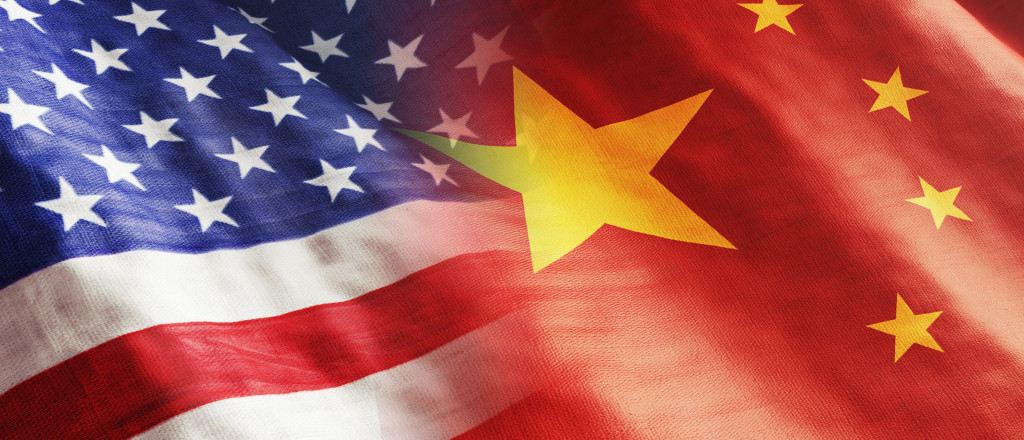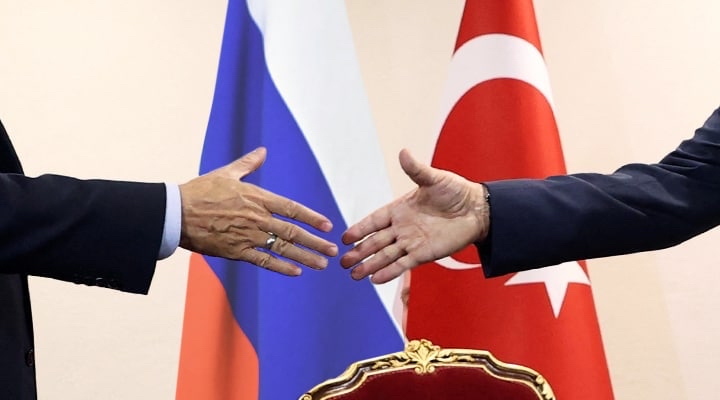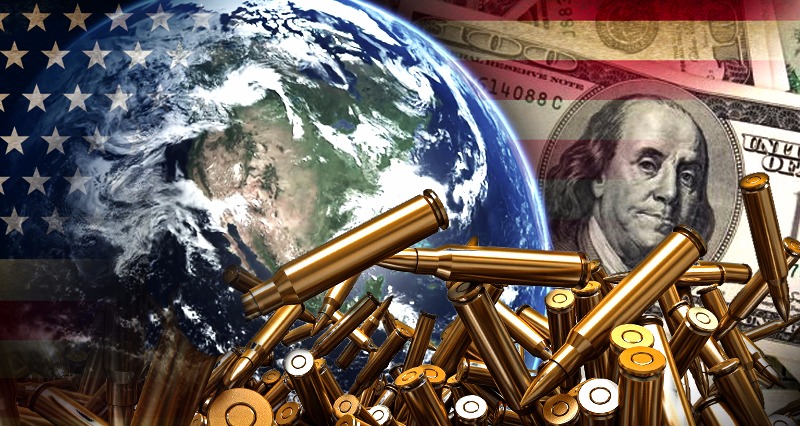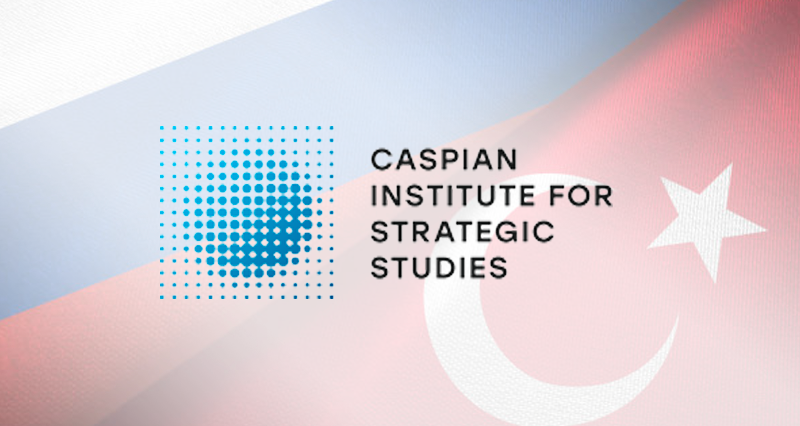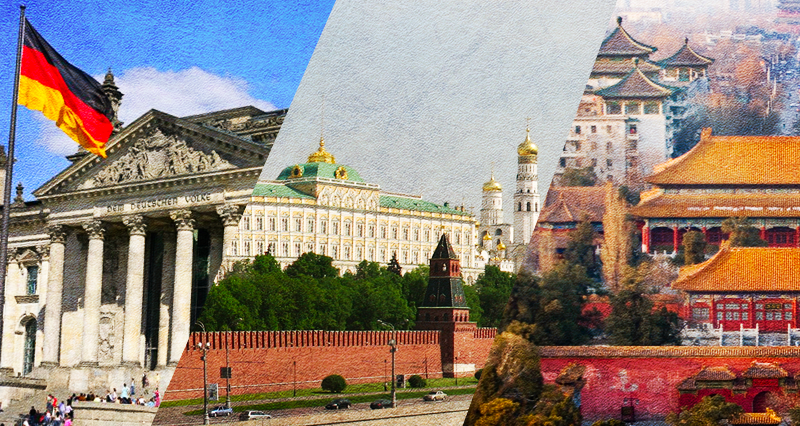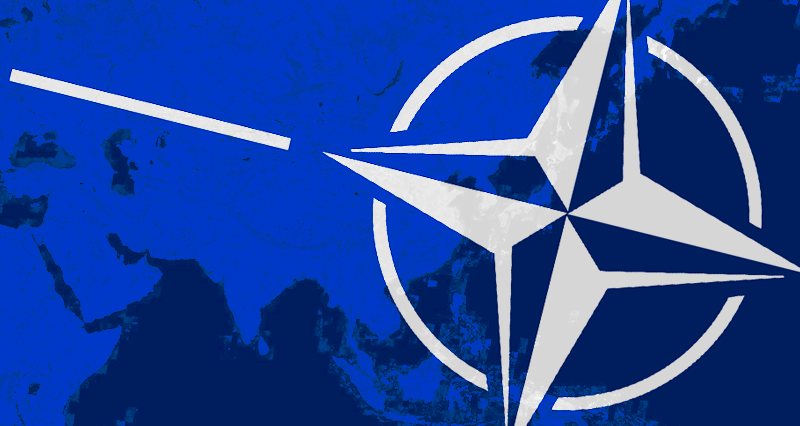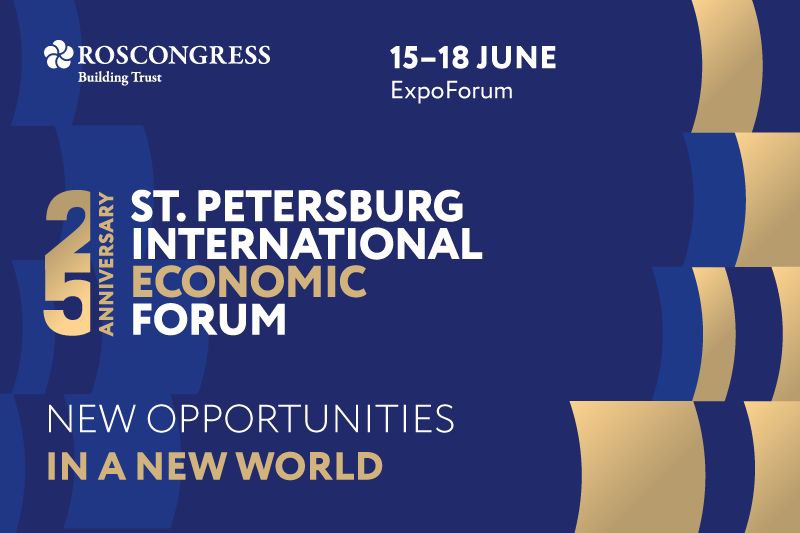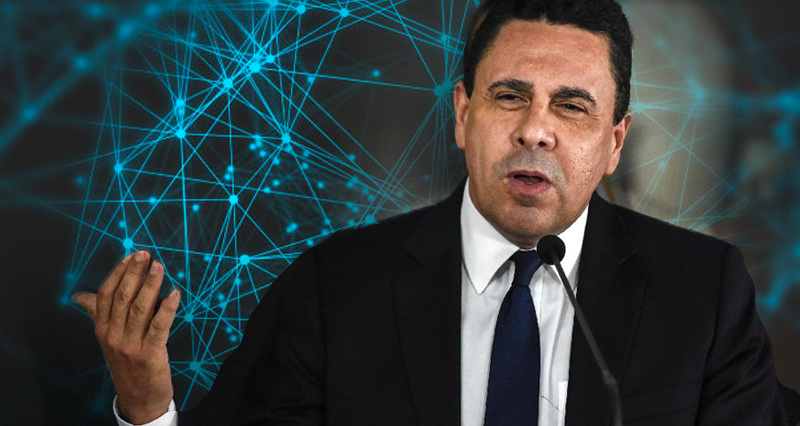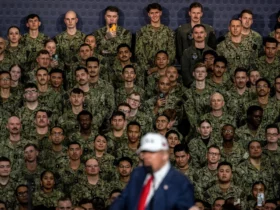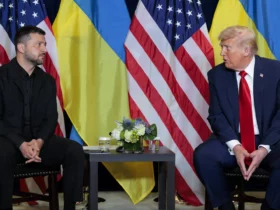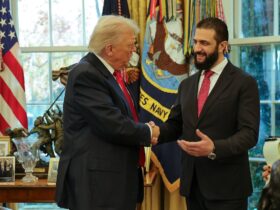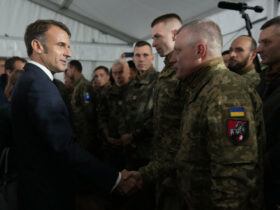By Sergio Rodriguez Gelfenstein * After Nancy Pelosi’s visit to Taiwan, many opinions were expressed about what China could and should do in response. Last week, we reviewed some actions that readers sent me as a conclusion to their own reflections. Many of them were of a confrontational and catastrophic nature, assuming the need for a reply by China that ...
On August 5, Turkish and Russian Presidents Recep Tayyip Erdoğan and Vladimir Putin held talks in Sochi. The talks focused on trade and economic cooperation between the two countries, the “grain deal” to unblock grain exports from Ukraine’s Black Sea ports, energy cooperation, and the situation in Syria and Libya. The Turkish president, welcoming his Russian colleague, “underlined the importance ...
By Sergio Rodriguez Gelfenstein * The visit of the Speaker of the United States’ House of Representatives, Nancy Pelosi, and the provocation to China that this entails, can only be interpreted as one more step in the escalation of tensions that Washington wants to generate in the world in order to maintain its global hegemony. The visit pursued two objectives: ...
The Turkish and Russian presidents are going to held a meeting in the city of Sochi on August 5. This will be their second meeting in a short time, after having gathered in the Astana Summit in Tehran recently. Following that summit, Türkiye’s president Erdoğan had stated that Russian president Putin “had a number of interesting proposals”. Both countries are ...
By Sergio Rodriguez Gelfenstein * First the pandemic first and later the war in Ukraine have caused the world to enter into an accelerated dynamic of transformation and reconstruction. The avalanche of events, happenings and conflicts in which positions of different actors are taking place, aims to verify that we are in a moment of extreme mutation of the international ...
By Sakai Tanaka * The main point of the case of the murder of Shinzo Abe, the former Prime Minister, on July 8 was that Abe was the mastermind and fixer who controls the Liberal Democrat Party LDP. Abe retired from the position of Prime Minister two years ago, Yoshihide Suga succeeded him and then Fumio Kishida, who is now ...
On its recent summit in Spain, NATO has endorsed a new Strategic Concept, which, alongside Russia, targets the People’s Republic of China. As United World International has reported from the document, NATO considers a wide range of Chinese activities as “challenge to our interests, security and values”. The NATO document stated “The PRC seeks to control key technological and industrial ...
The St. Petersburg International Economic Forum of 2022 had Egypt as main guest country. It has also been stated that the United Arab Emirates will be the guest country in the coming year, with an according agreement already signed by both sides. In the last year, main guest country was Qatar, while the year before, the forum was not convened ...
By Douglas Bolivar / Caracas, Venezuela “It is a train that is coming” summarizes Samuel Moncada, Venezuelan ambassador to the United Nations. He is referring on that way to two central concerns that depress him and that he shared with the plenary of the Permanent Commission on Energy and Petroleum of the Venezuelan National Assembly, whose invitation he followed to ...
We woke up to a new world, on the morning when the Russian operation in Ukraine began. We say “we woke up to a new world”, because this conflict between Russia and Ukraine does not only affect these two countries, but has a worldwide impact. It is clear that the scale of this crisis extends much further beyond the borders ...







